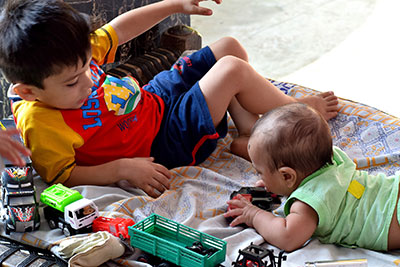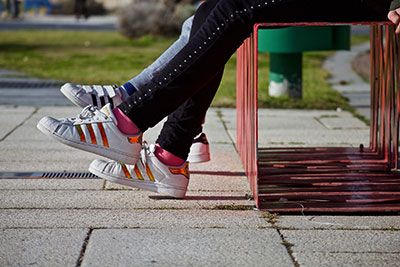
Informal kinship care is where you are looking after a child who is closely related to you but you do not have parental responsibility for them and they are not ‘looked after’ by the local authority.
Informal arrangements are made between the child’s parents (or someone else who has parental responsibility for them) and the relative. Although informal kinship carers do not have parental responsibility for a child, parents can delegate day-to-day decision making to the kinship carer. Their consent is still required for major decisions such as (non-emergency) medical treatment, schooling and travel abroad. Parents can decide to end the arrangement at any time and without notice.
If you are an informal kinship carer you might want to consider applying for a Child Arrangements Order (CAO) or a Special Guardianship Order (SGO) which would give you parental responsibility and confirm that the child should live with you. If you’re not sure what’s the best option for you and the child you’re caring for, you should get some legal advice.
There is no support specifically available for informal kinship carers. However, Solihull does have a duty to safeguard and promote the welfare of children in their area who are ‘in need’. We do this by providing a range of family support services under section 17 of the Children Act 1989. This can include financial support, although it’s likely to be restricted to those in particularly difficult circumstances.

Informal kinship carers can generally claim the same benefits and financial help as parents including Child Benefit and Child Tax Credit. In many cases, parents are no longer entitled to claim these benefits if their children are no longer living with them.
If a social worker was involved in making the arrangements for the child to live with you, it could be that the child is considered to actually be ‘looked after’ by the local authority. If you’re caring for a ‘looked after child’ you must be assessed, paid and supported as a foster carer.
For advice and information on becoming a kinship carer and the different options that you may have, contact the Kinship advice service on 0300 123 7015.
